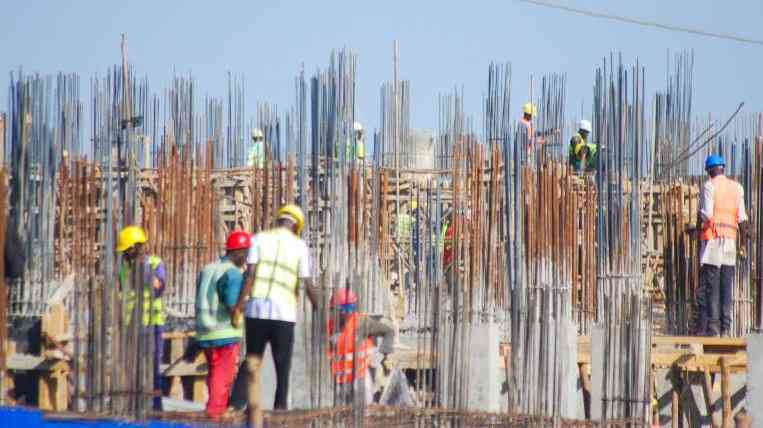×
The Standard e-Paper
Kenya’s Boldest Voice

Residents from Mwicuiri Settlement Scheme in Kieni, Nyeri County celebrates after they were issued with title deeds. [FIle, Standard]
In the second week of January 2021 in a WhatsApp group of graduate surveyors, to which this writer belongs, one member shared a screenshot of a notice said to have come from the Lands ministry.







